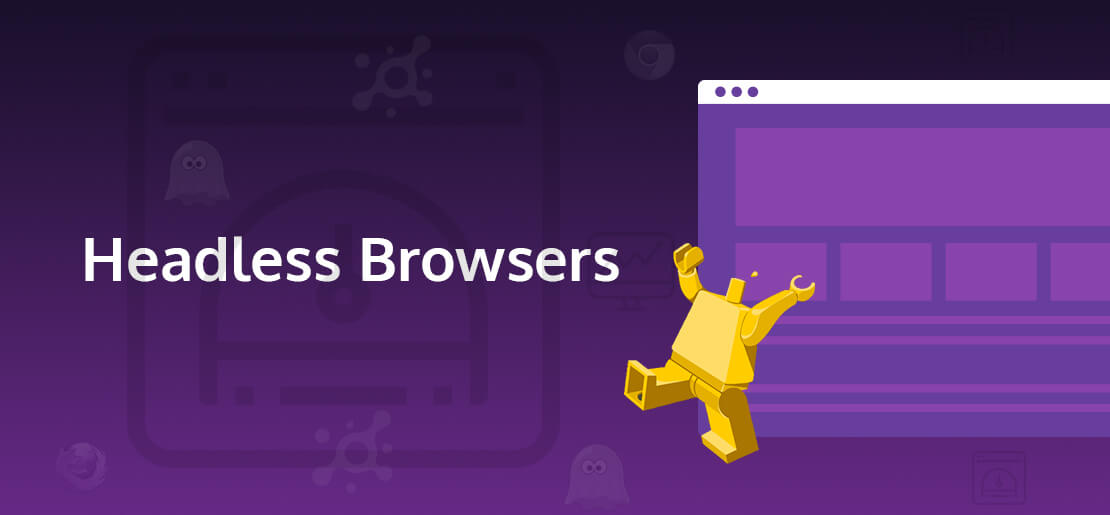Browsing Without a Browser: The Rise of Headless Technology
Imagine a browser that can access and interact with websites, but remains invisible to the user. This isn't science fiction; it's the concept behind headless browsers, programs that perform all the functions of a traditional web browser, minus the graphical user interface (GUI).
Headless browsers are gaining traction due to their ability to automate tasks and processes. Unlike traditional browsers, they are controlled through code, allowing them to navigate websites, fill forms, and even scrape data – all without human intervention. This makes them ideal for a variety of applications, including:
- Web Scraping: Headless browsers can be used to extract large amounts of data from websites, a practice known as web scraping. This data can then be used for market research, price comparison, or even lead generation.
- Automated Testing: Software developers can leverage headless browsers to automate the testing of web applications. By simulating user interactions, headless browsers can identify bugs and ensure applications function as intended.
- Enhanced Security: Headless browsers can be used to run browser-based tasks in a sandboxed environment, which helps to isolate them from the rest of the system and improve overall security.
One of the primary advantages of headless browsers is their efficiency. Without the overhead of a GUI, headless browsers can run significantly faster than traditional browsers, especially when dealing with repetitive tasks. Additionally, they consume fewer resources, making them ideal for use on servers or low-powered devices.
However, using headless browsers also comes with certain challenges. Since they lack a visual interface, debugging any issues that arise can be more complex. Furthermore, websites that rely heavily on JavaScript or other dynamic content may not render correctly in a headless browser.
Despite these challenges, the potential benefits of headless browsers are undeniable. As technology continues to evolve, we can expect to see them become even more sophisticated and widely used. In the future, headless browsers could play a critical role in automating a wide range of tasks, streamlining workflows and boosting productivity across various industries.


Join the conversation